Subsequent generations are emerging less equipped to take their diet into their own hands, and in the processing are endangering the integrity of culinary culture and the biodiversity upon which traditional cuisines depend. A wider understanding of the sources of youth food skills is needed to help societies re-imagine how to encourage, incentivize, and secure safe spaces for young people to cultivate food literacy that is attuned to contemporary, urban life, and the dominance of corporate food industries.
Food Literacy
Benchmarking
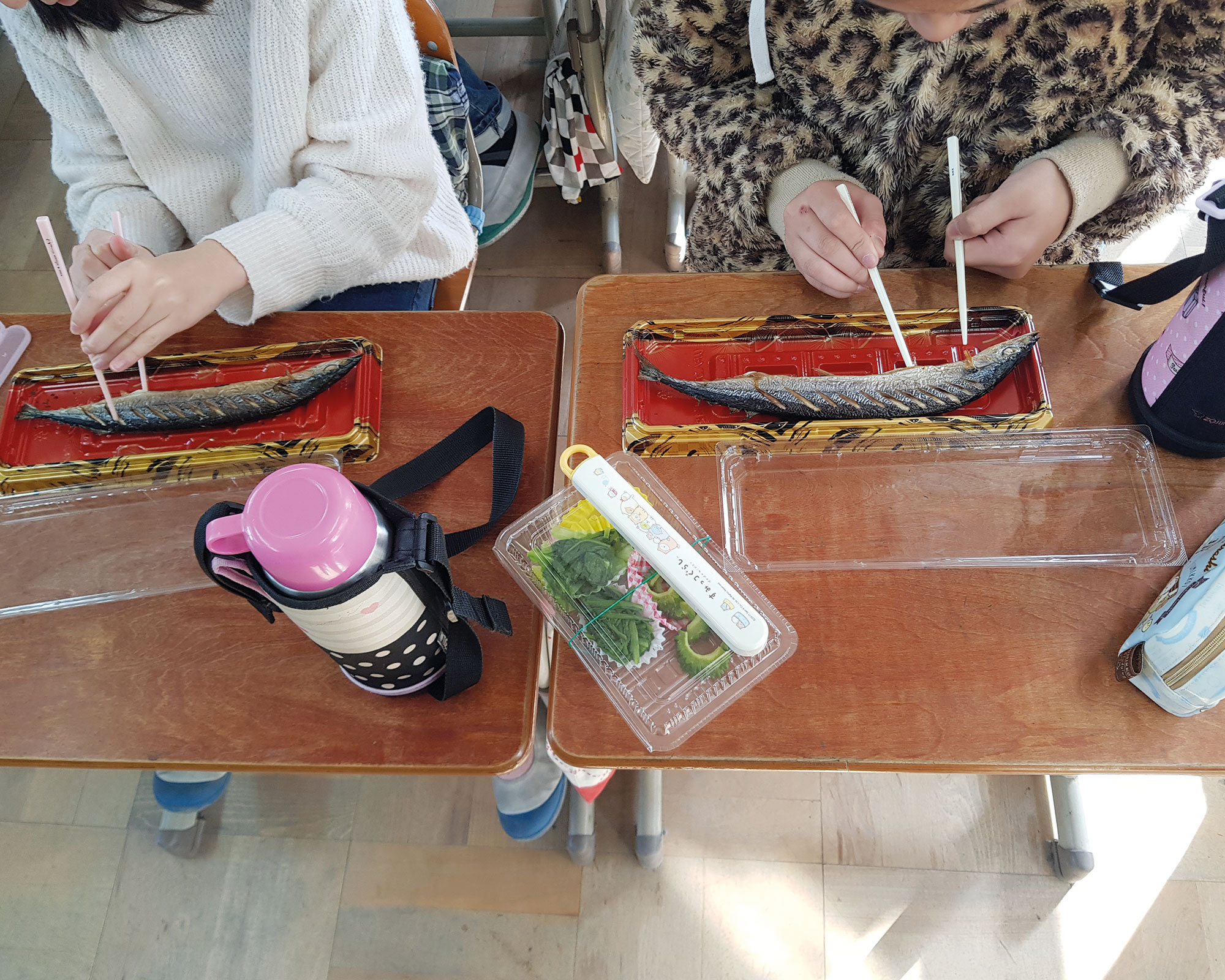
Pioneering interactive measurements of food literacy for young people that help to identify gaps in food skill development for more targeted intervention.
Historically, food education has involved an arbitrary curriculum imposed by adults about what all children should know. However, without knowing what food-related skills and gaps children have, school systems and society cannot design appropriate curriculum. Regularly benchmarking children’s food literacy and reflecting on individual gaps is the first step to re-imagining lifelong food education.
Schools
in Cambodia
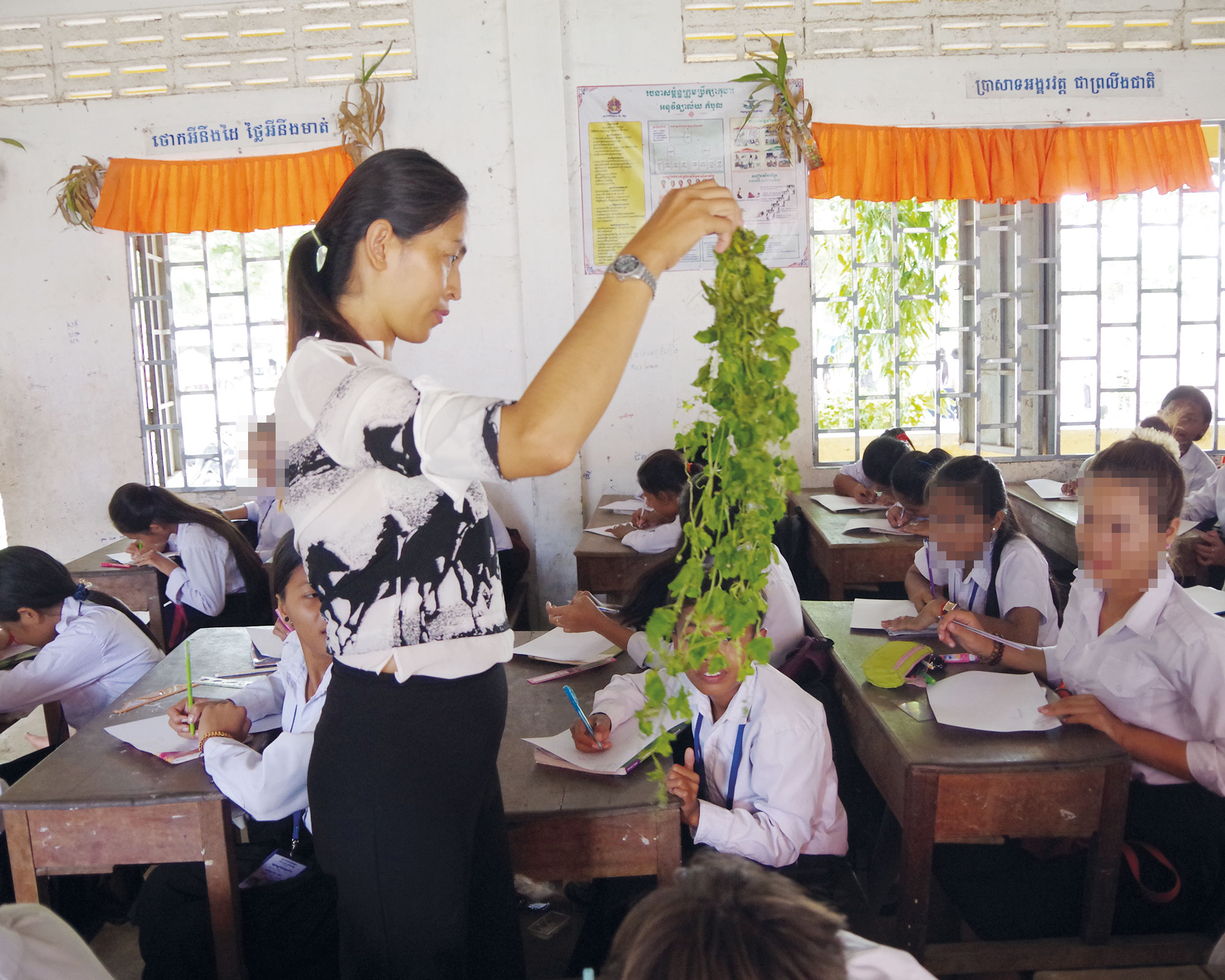
Most young people in Cambodia still demonstrate excellent culinary and dietary skills, but lack the nutritional knowledge to support them through life. Early intervention for food literacy can prevent erosion of important these life skills. Sary Seng
Child Food
Literacy
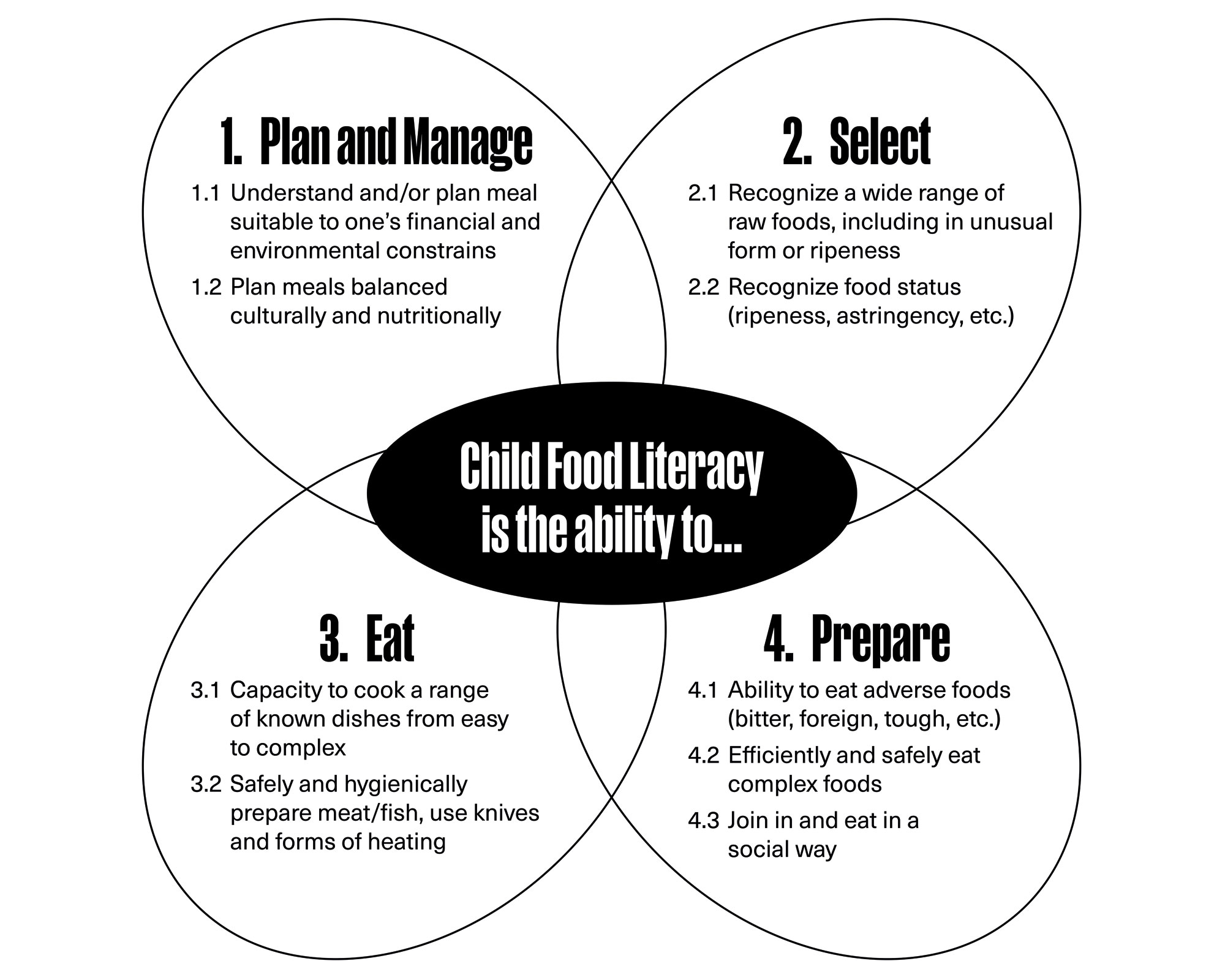
While adults can be expected to independently plan and implement their meals, children are developing the knowledge and soft skills that will eventually turn into food literacy. Adapted by Hart Feuer (based on Vidgen and Gallegos 2014)
Schools
in Japan
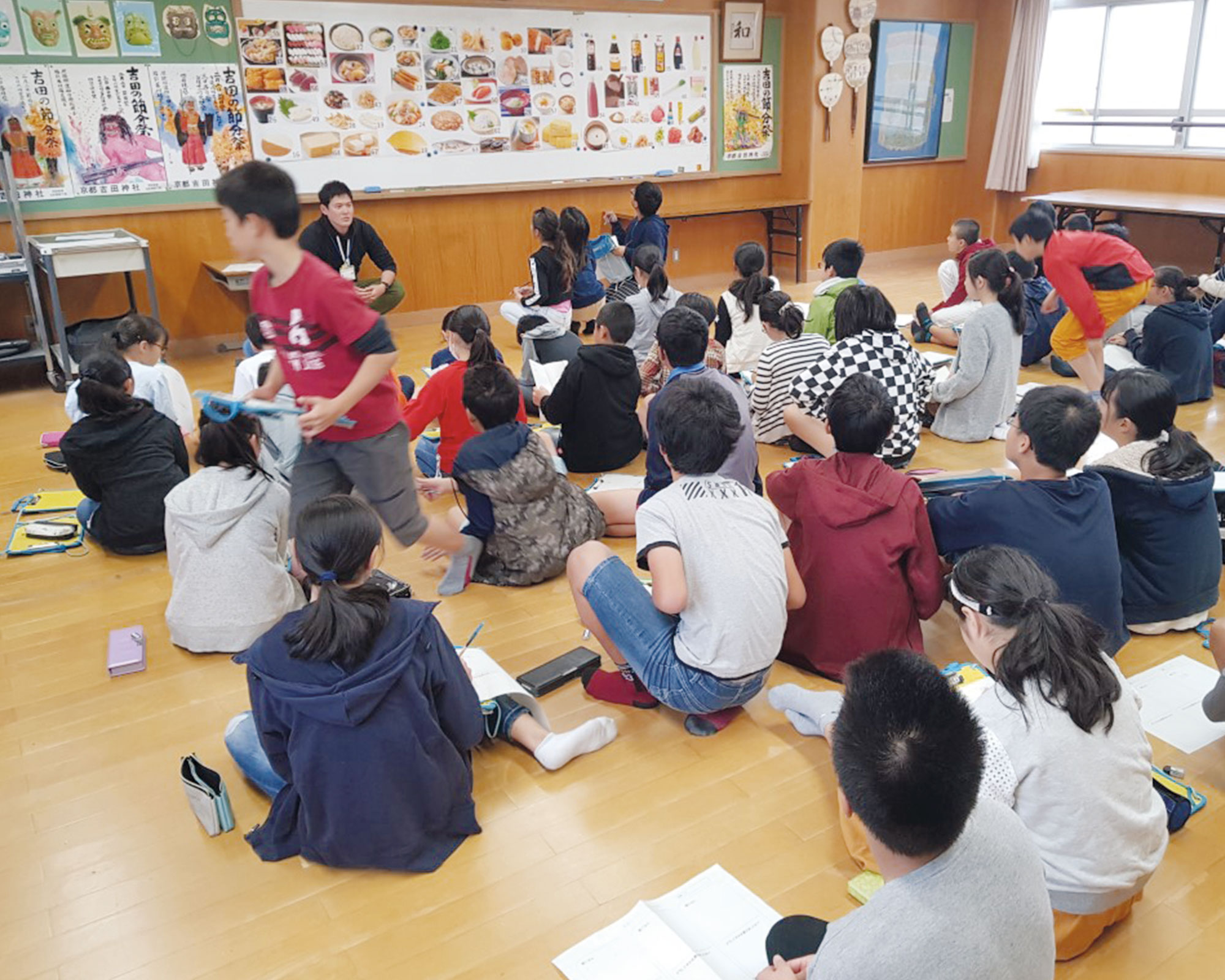
Although most industrialized countries have faced dramatic declines in child food skills and increases in obesity, Japan has cultivated dietary norms that have slowed down the usual nutrition transition. Hart Feuer
Intergenerational
Culinary Knowledge
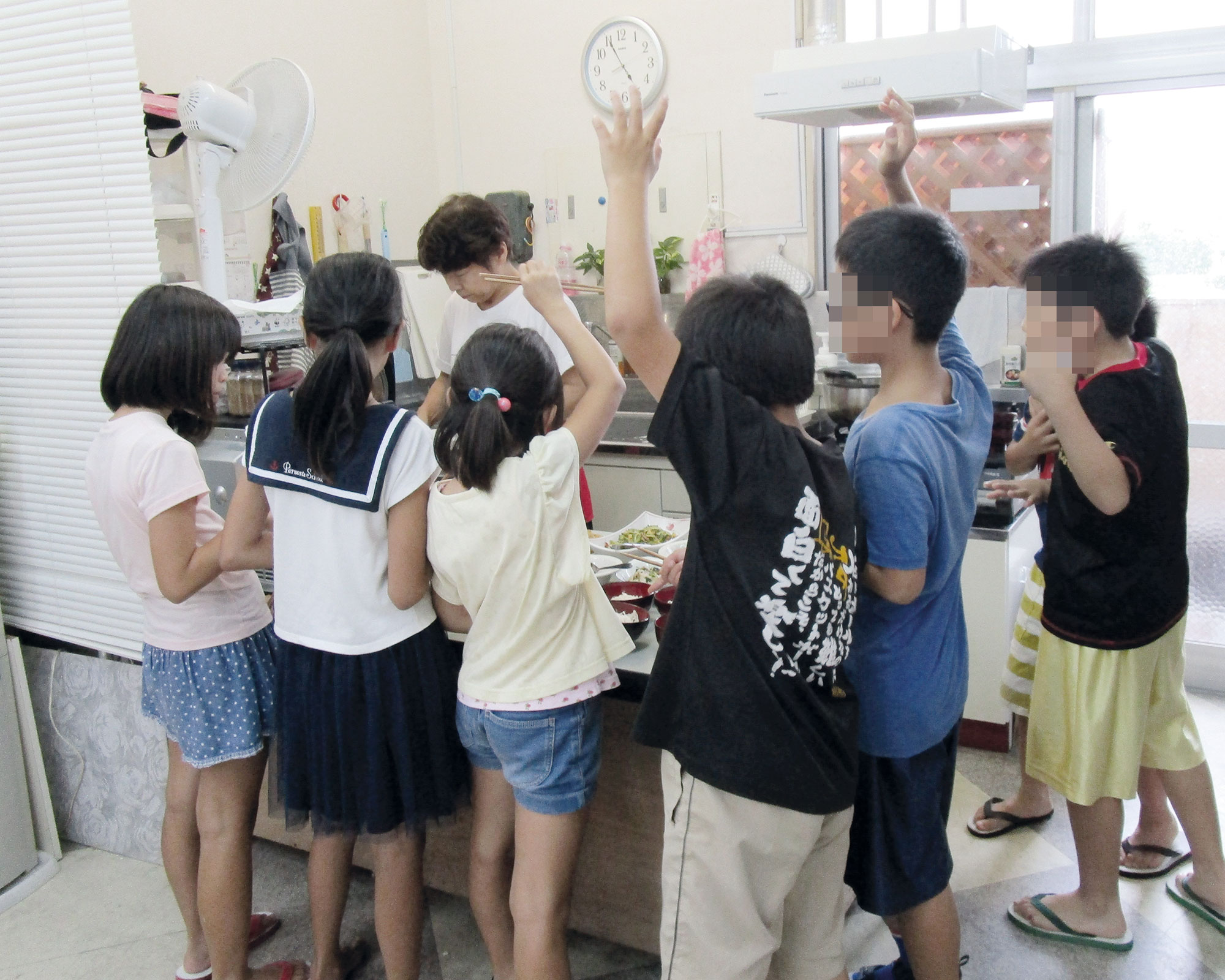
Children’s sources of food-related experiences and information have long been diverse, but society’s understanding of this hasn’t kept up.
People believe that parents are the eminent source of children’s experience and information about food, even as extended family, friends, media, school, and their living environment have played extraordinary roles in educating children. Diversifying and expanding our understanding of how, and from whom, children learn about food is even more important in our rapidly urbanizing world. This project, supported by the Toyota Foundation, sought answers.
Factory Workers
in Cambodia
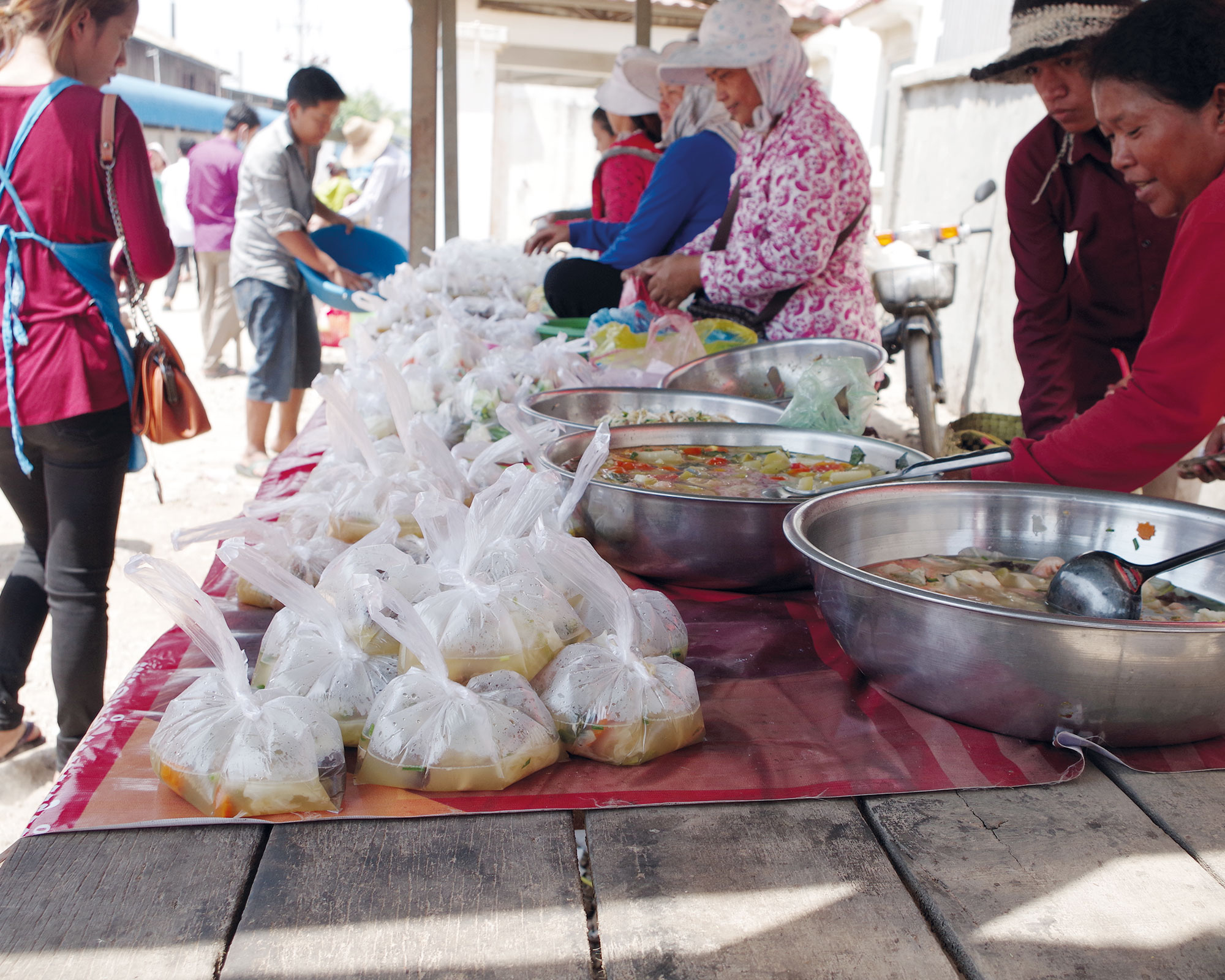
Facing major barriers to balanced eating, including long working hours, minimal kitchen equipment, and limited cooking experience, the unique infrastructure and social living environment encourage rapid development of food skills in young workers. Hart Feuer
read more
Culinary
School
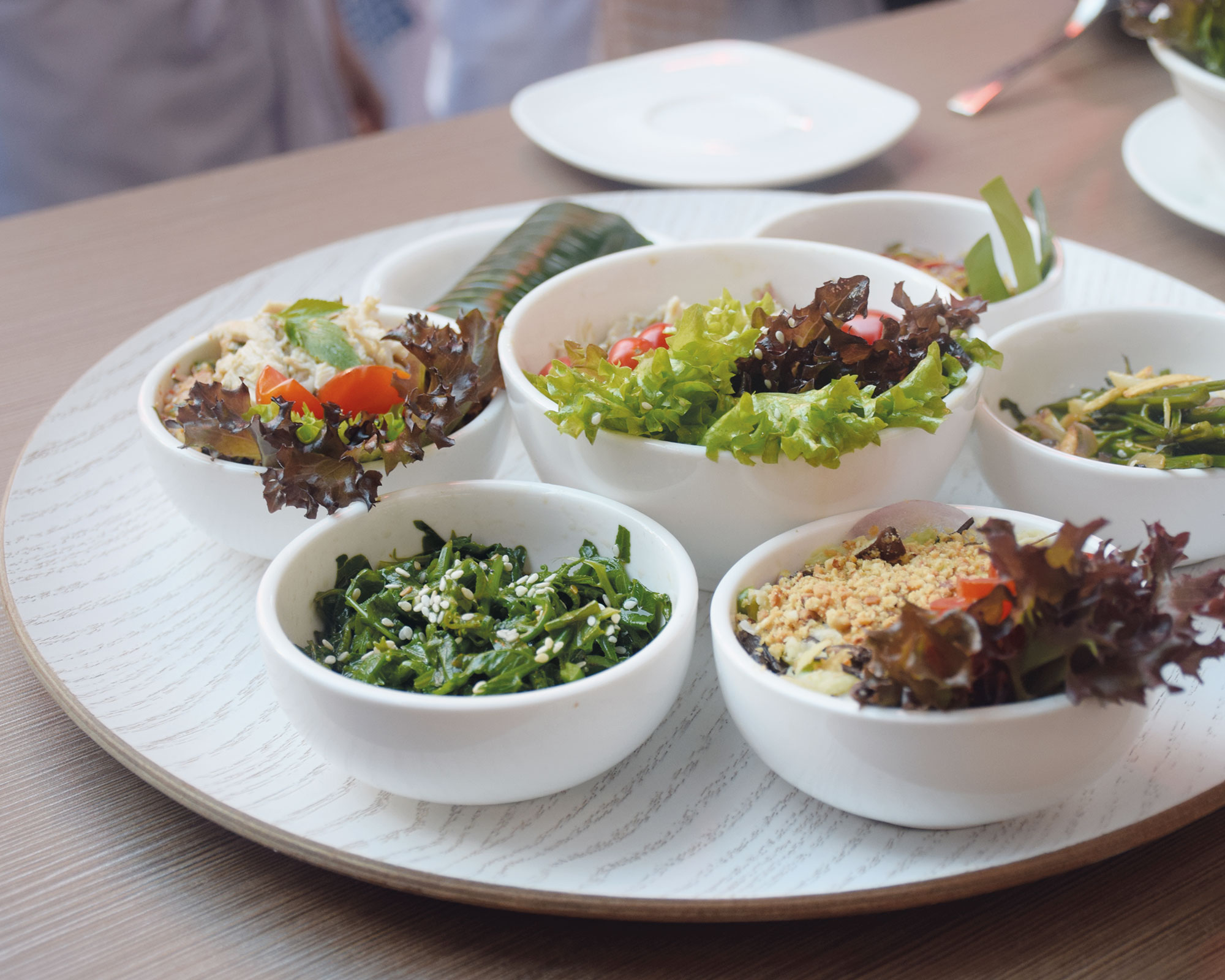
Hospitality and culinary institutes usually teach an elite mode of food preparation, but the venue can also be transformed into a space for empowering young people to decolonize their understanding of cuisine. Kean Buan Tan
read more
Children’s Canteens
in Japan
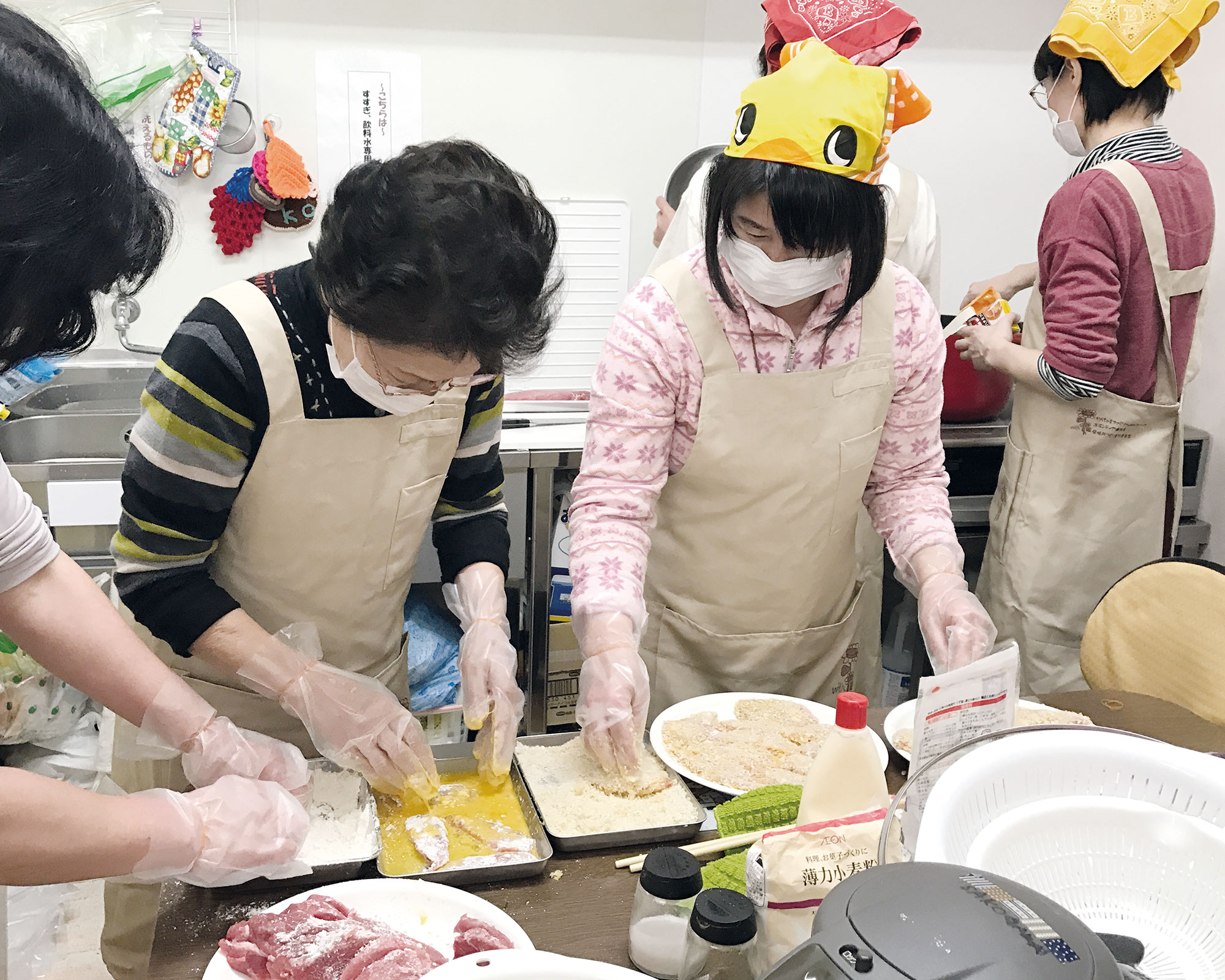
The wave of so-called ‘kodomo shokudō’ in Japan emerged out of anguish at the high child poverty rate, but the movement to provide safe spaces for healthy eating and socializing has transformed in unexpected ways. Ayaka Nomura
read more
Division of Natural Resource Economics,
Graduate School of Agriculture, Kyoto University, © Hart N. Feuer
Get in touch
info@heritagefoodliteracy.com